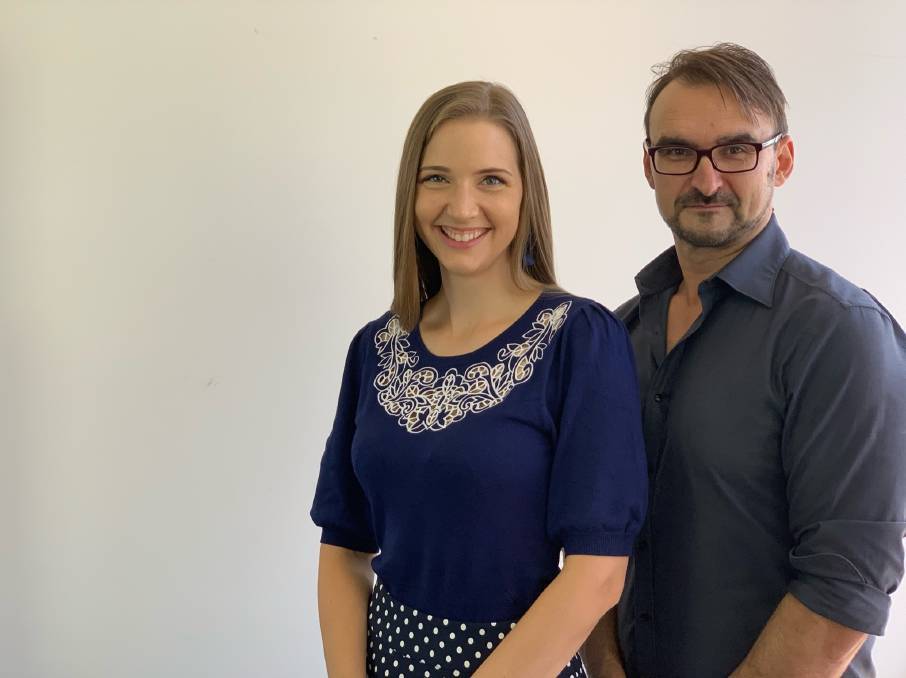Take the time to connect
TODAY, September 9, is R U OK? Day and during this time of extended lockdowns and social isolation due to COVID-19 it is now more important
than ever to check on our friends and family and ask them if they are ok.
Today, September 9, is R U OK? Day and during this time of extended lockdowns and social isolation due to COVID-19 it is now more important than ever to check on our friends and family and ask them if they are ok.
By starting a conversation, you could help that family member, friend or workmate open up about how they are feeling.
However, if they say they are not ok, do you know what steps to take next?
South Coast Private Hospital clinical psychologist Jessica O'Garr and consultant psychiatrist Dr Al Griskaitis said it is one thing to ask "R U OK?" and another to follow up with that question.

"Sometimes talking out your problems is the first step to solving them," Jessica said. "But when further help is needed there are options available."
As an essential service, South Coast Private Hospital is still open during the pandemic and offering their high calibre of mental health support services and programs.
They have inpatient stays as well as day programs to assist individuals with a wide range of psychiatric conditions from mood and anxiety disorders to trauma and substance abuse.
If anyone in the community needs extra support or help during this time, all they need is a GP referral to be seen at South Coast Private.
COVID measures are in place including COVID testing for inpatients prior to admission and rapid antigen testing daily for Day Program patients.
"When people come in they have an initial review with a psychiatrist and we can then match them up with the most suitable program. This could include creative therapies such as art or cognitive behavioural based therapy," Al said. "Each patient is given an individually tailored treatment plan to help them gain skills and strategies to navigate life."
Mood disorders and diagnosis have increased since the start of the pandemic.
"Due to the stress of the current situation it has had an all round detrimental impact on people's mental health, and it is bound to get worse as the lockdowns continue," Al said. "We are social creatures, so to be separated from other people for such a long period of time can cause anxiety and confusion."
That's why it is so important to reach out, talk to people and maintain connections.
"At the beginning of the pandemic many people were making video calls and checking in on others but as the lockdowns continue people are making less of an effort," Jessica said. "Even though a phone call or FaceTime isn't quite the same as seeing someone face to face it is so important to keep the communication going.
"Also remember to check on the mental wellbeing of kids. Don't forget to ask children "R U OK?". Kids playing together is a critical part of their development and at the moment many of them are at home with very little interaction with other children."
During this time Al and Jessica suggest there are some practical steps everyone can do to help their mental health including:
- Take a walk (enjoy some exercise, fresh air and a change of scenery)
- Stick to a routine (set a time to go to bed and wake up, get dressed, eat at scheduled mealtimes etc)
- Don't rely on alcohol, sugar or substances as a source of happiness
Jessica said, "If you are concerned about someone's mental health you can contact South Coast Private Hospital on 1800 250 000 and make a referral on their behalf. However, this is not a crisis line so if immediate help is required consider caling Lifeline on 13 11 14, the Mental Health Line on 1800 011 511 or 000."
Credit: Illawarra Mercury, 9th September 2021